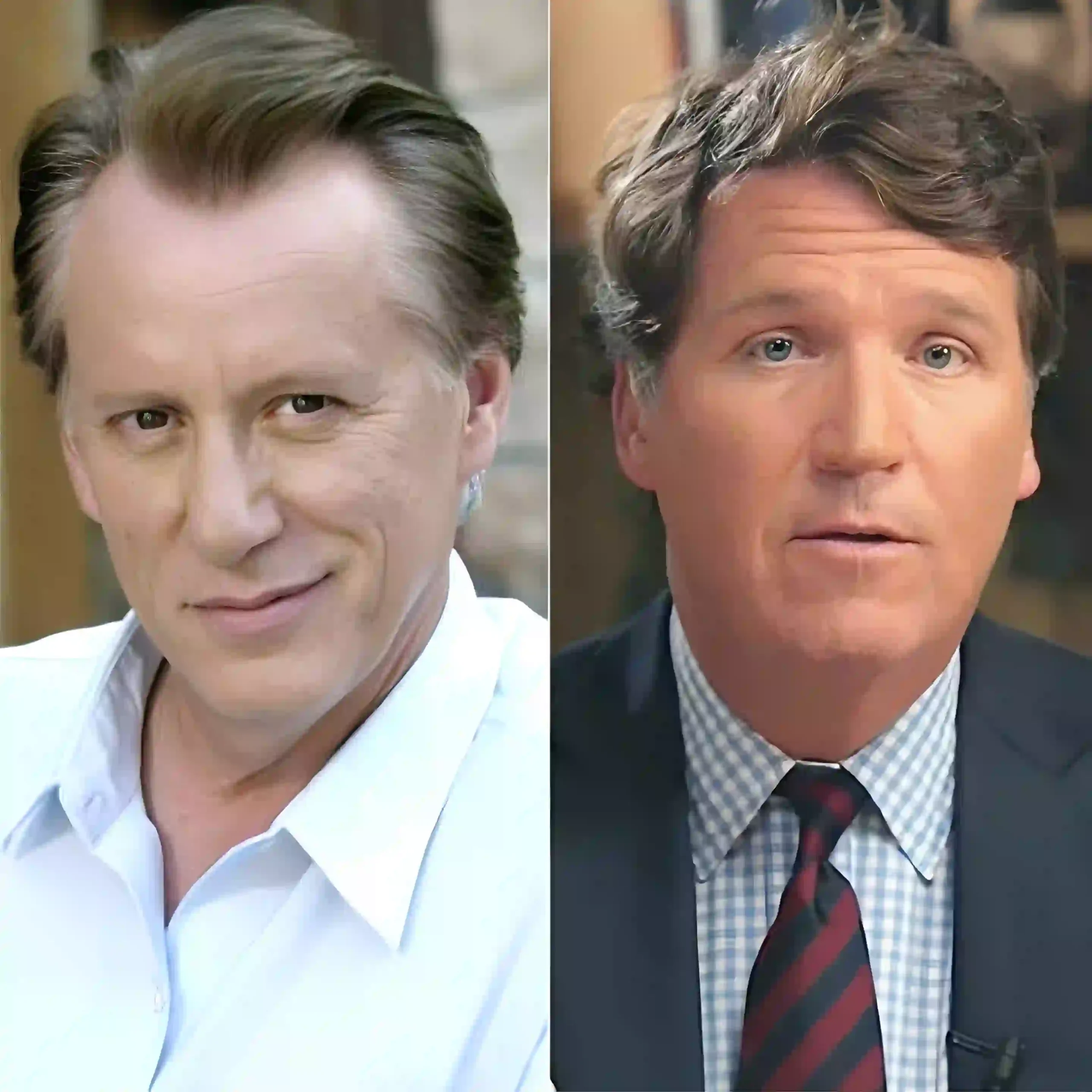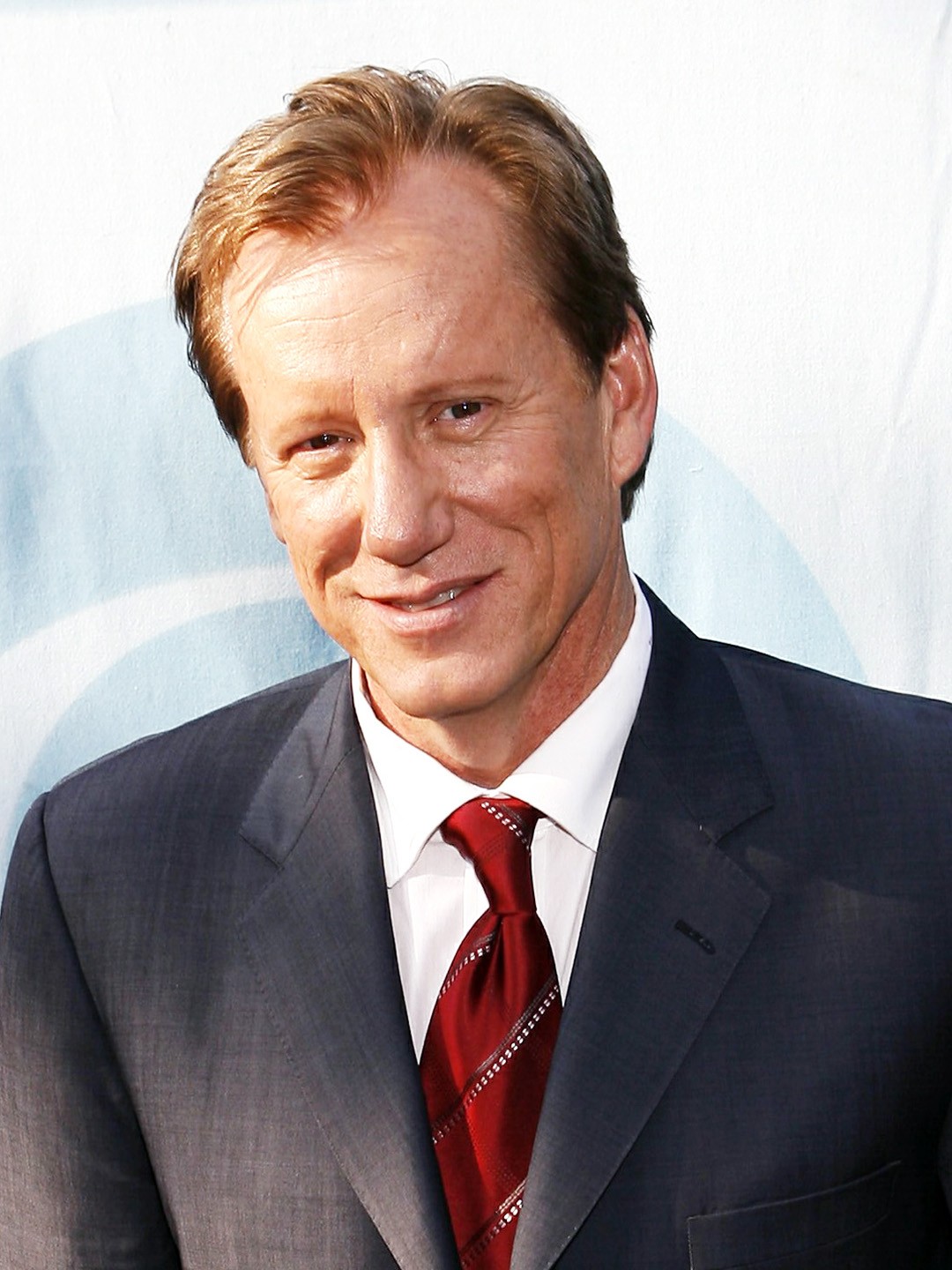In a surprising twist in the media landscape, Tucker Carlson, the influential conservative commentator and former host of Fox News, appears to be strategizing a bold move alongside actor and outspoken political activist James Woods, with plans to challenge the popular daytime talk show, “The View.” This potential partnership has ignited conversations about the future of political discourse in mainstream media and the ongoing cultural battle between progressive and conservative ideologies.
Tucker Carlson has long been recognized for his combative style and his ability to provoke thought and discussion around controversial subjects. Following his exit from Fox News, Carlson has increasingly sought to expand his platform and influence, particularly as the political climate continues to shift. His keen understanding of media dynamics presents him with a unique opportunity to reshape conversations that resonate with a significant portion of the American public who feel underrepresented in traditional media outlets. By aligning with James Woods, a seasoned actor known for his unapologetic conservative views and fervent criticism of liberal perspectives, Carlson seems poised to create a formidable pairing aimed at dismantling the narrative often portrayed on “The View.”
James Woods, known for his engaging presence on social media and his willingness to tackle contentious issues head-on, brings a wealth of experience in entertainment alongside his political fervor. His outspoken nature has not only fueled discussions but has also garnered significant attention, making him a controversial yet powerful voice in conservative circles. Woods has been critical of the perceived liberal bias in mainstream media, and his collaboration with Carlson could amplify their shared mission of confronting progressive ideologies. Their combined efforts could serve to galvanize conservative viewers looking for a platform that reflects their values, ideologies, and concerns.
The prospect of Carlson and Woods taking aim at “The View” is particularly noteworthy given the show’s legacy as a staple of daytime television, characterized by its diverse array of viewpoints. Traditionally, the show features a panel of women—each with distinct perspectives—who engage in discussions around current events, culture, and politics. However, many conservative critics have labeled the program as increasingly liberal in its tone and approach, arguing that it often fails to represent conservative viewpoints fairly. Thus, a coordinated effort by Carlson and Woods to counterbalance this narrative could resonate with audiences who seek a more representative dialogue in mainstream media.
Moreover, their proposed initiative could lead to unscripted confrontations and heated debates, drawing in audiences from both sides of the political spectrum. This bold move aims not just to entertain but also to invite viewers to reassess their own beliefs about media consumption and the influence it wields on public opinion. The implications of such a venture could spark further discourse, emphasizing the need for diverse viewpoints in discussions about critical issues facing the nation today.
Political commentators and media analysts alike are keenly observing this development, speculating on its potential impact on the ratings of “The View” and other similar programs. This strategic maneuver may also serve to invigorate conservative audiences who feel they have been marginalized by the dominant narratives prevalent in the current media landscape. As Carlson and Woods map out their next steps, one thing is clear: the cultural battle for public opinion is far from over, and this partnership could very well redefine the parameters of political discourse in the media realm.
In a time marked by division and debate, the collaboration between Tucker Carlson and James Woods illustrates a growing desire among conservatives to reclaim a narrative they feel is often overlooked. By taking on a prominent daytime show like “The View,” they are not only taking a stand for their beliefs but are also pushing back against what they perceive as time-worn liberal orthodoxy. The possibility of this media strategy underscores the ongoing evolution of political dialogue and the power of celebrity in shaping public discourse. As audiences await further details on their plans, the stage is set for what could be an electrifying clash of ideas that will undoubtedly captivate viewers across the political spectrum.




